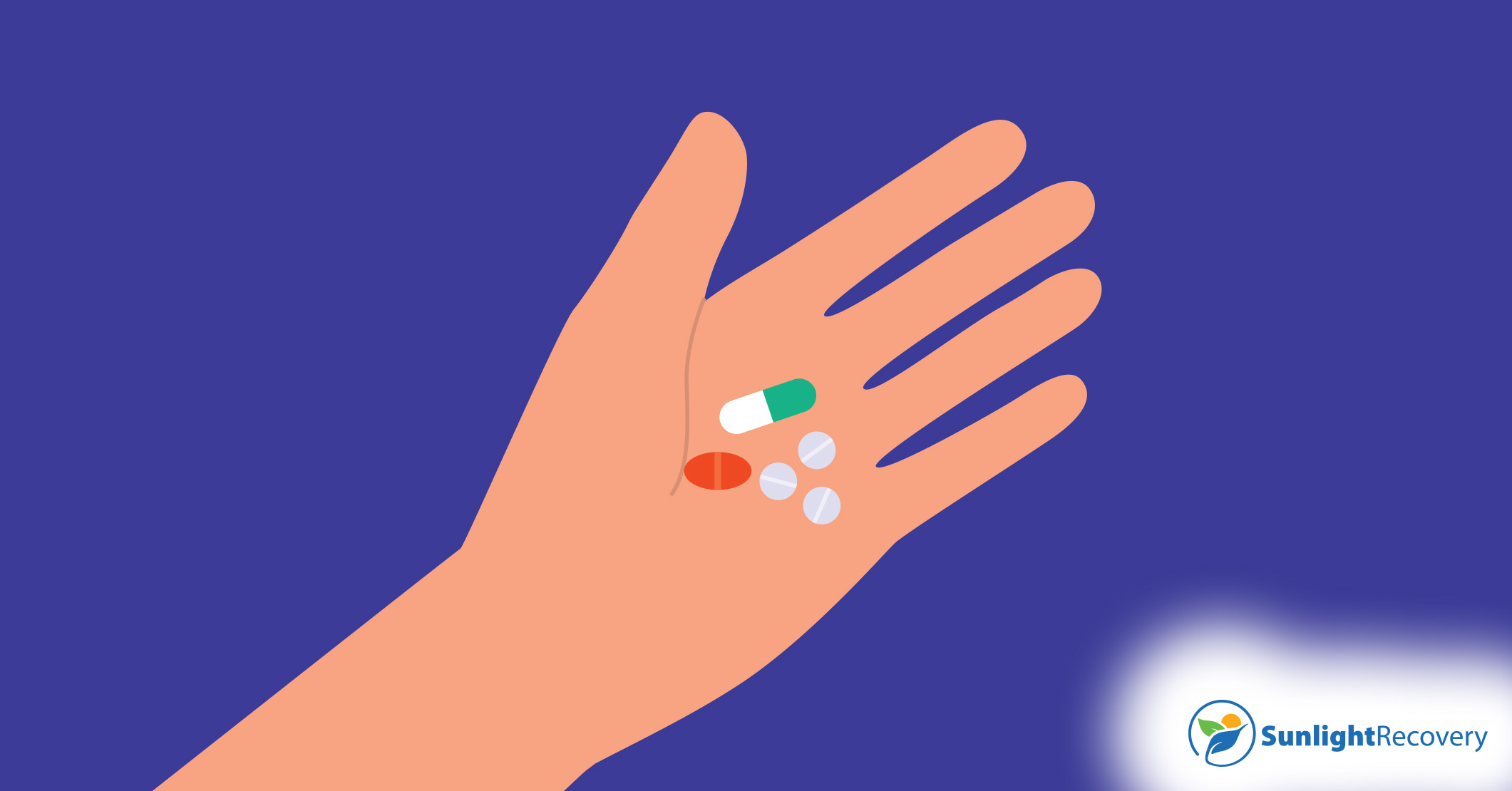Medication instructions can seem simple at first — “take once a day,” for example. But in reality, medication can work slightly differently from hour to hour, with its effectiveness shifting at certain times of day. Because of this, deciding when to take medicine is an important part of your health care routine. With the right timing, you can ensure your prescription is at its most potent.
Before you can create an optimum medication schedule, there are a few things you should know. Here’s how to use time to make medicine more effective.
Understanding Your Body’s Rhythms
To determine when to take medicine, it’s important to understand how your body’s natural rhythms work. Every person is equipped with a unique biological clock. In a 24-hour cycle, the earth undergoes a series of predictable shifts in light and temperature. How your biological clock responds to these changes is known as your circadian rhythm.
As it reacts to the environment, circadian rhythm helps regulate a number of systems, including:
- Sleeping and waking habits
- Hormones and metabolism
- Cognitive function
- The immune system
- Body temperature
- Stress response
The earth’s rotation isn’t the only factor affecting circadian rhythm. Exercise, meal times, socializing, artificial light and staying up late can throw off your body’s internal clock. Misalignment can disrupt your emotional regulation, focus, memory and overall health.
For example, consider how circadian rhythm affects restfulness. Just before bedtime, your body readies itself for oncoming slumber by lowering your core body temperature and producing melatonin, reducing alertness and making you feel sleepy. When the sun rises in the morning, along with your exposure to light, these effects reverse to leave you alert and ready to take on the day.
Sleeping and waking in line with your circadian rhythm is likely to make your slumber more restful, thus producing a sense of morning refreshment. If your sleep patterns are irregular, whether it’s from staying up late or rising earlier than usual, you might encounter some of the adverse effects described above. Chronic disruption of your circadian rhythm may result in more serious health concerns, including mental disorders. One study found that groups with irregular sleeping and eating habits were as much as 40% likelier to develop depression or anxiety.
Like the systems above, medication efficacy is also influenced by circadian rhythm. Recent research suggests certain proteins in the blood — such as albumin — fluctuate in quantity and distribution over the course of the day. These proteins are key to drug uptake and can affect how your body reacts to a prescription.
For example, statins, a medication class often prescribed to lower cholesterol, are designed to target an enzyme that’s more prevalent at night. For this reason, evening doses tend to be more successful at lowering cholesterol than daytime doses, making statins most effective when taken at night.
When to Take Medicine: A Few Guidelines
Deciding when to take prescription medication is an important part of maintaining your health. With the right schedule, you can increase the efficacy of your medication to reap the most of its benefits. Now that you’re familiar with the impacts of time on medicine, it’s time to address the essential question: When should you take your next dose?
Prescription medication always comes with instructions for use, and it’s important to ensure you’re following the directions provided for you. In many cases, the label itself will specify a time of day for the medicine to be taken. For example, medicine provided to address high blood pressure is often meant to be taken at bedtime, as this is when it’s most potent.
If you’re thinking of making a change to your medication schedule, be sure to speak with your doctor or pharmacist first. To avoid unwanted side effects and ensure your medication has the desired effect, it’s a good idea to discuss all plans with a health care professional.
The study of chronotherapy, or the branch of medicine that concerns the link between medicine efficacy and circadian rhythm, is still relatively new. Because of this, researchers haven’t yet pinpointed the ideal dosage time for every class of medication. With continuous developments being made, your health care provider may be a good resource for updates in the field.
In the meantime, regulating your circadian rhythm can help improve the efficacy of your medication, whenever you take it. Maintaining proper sleep hygiene has countless benefits that can strengthen your health in many areas, from concentration to stress management. To keep your circadian rhythm sound, here are a few habits to incorporate into your lifestyle:
- Exercise regularly. Getting enough physical activity throughout the day can help you fall asleep faster and improve the overall quality of your sleep.
- Put away the screens before bed. Light produced by devices like your phone or television can obstruct your body’s melatonin production. Limit your screen time before bed to avoid confusing your internal clock.
- Soak in the sunlight. Similarly, natural light during the day can prevent fatigue, so open the curtains and step outside when you need a pick-me-up.
- Stick to a bedtime routine. Following a routine every night can signal your body that it’s time to start winding down for bed.
- Avoid naps. Afternoon naps are tempting, but they can confuse your circadian rhythm. Opt for other ways to stay awake — such as an outdoor walk — and you may have an easier time falling asleep at night.
If your circadian rhythm is significantly disrupted, consider approaching your doctor for advice. They may suggest a variety of treatments, including therapy, supplements, medication or strategic sleep schedule adjustments.
Consulting a Health Provider
As mentioned above, avoid changing your medication dose time without first talking to your doctor or pharmacist. Your health care provider can be a valuable resource when it comes to taking medication at the right time and may be able to offer suggestions based on your unique lifestyle and routine. They may even provide further insight into your medication and its efficacy at certain times of day.
Your health journey isn’t one you have to make alone. At Sunlight Recovery, our team of experts is standing by to help you along the way. Contact us today to learn more.






